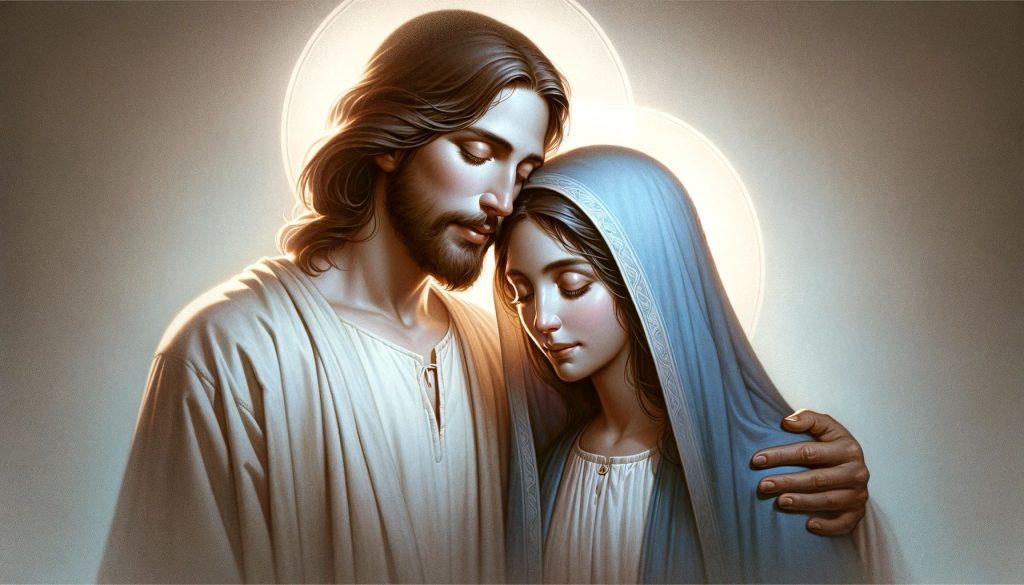Historical Origins and Authority
The divergence between the Church of England and the Catholic Church can be traced back to their very origins and the sources of their authority. The Catholic Church, rooted in the teachings and traditions established by Jesus Christ, holds a distinct position of having been carefully established by Christ Himself. This foundational aspect is crucial in understanding the Catholic Church’s claim to authenticity and divine authority.
In contrast, the Church of England’s inception during the reign of King Henry VIII marks a significant departure. Its establishment was primarily a result of political and personal motivations of the monarch rather than a direct continuation of the apostolic tradition that the Catholic Church upholds.
Governance and National Character
Another notable difference lies in the governance and character of the two churches. The Anglican Church, or the Church of England, is intrinsically tied to the nation of England. It remains subject to the laws and regulations set forth by the British Parliament, reflecting its national character. This relationship between the church and the state in England is a stark contrast to the Catholic Church, which maintains a global presence and adheres to a universal set of doctrines and practices, governed by the Papacy and the magisterium.
Doctrine and Discipline
The two churches also significantly differ in their doctrine and discipline. The Catholic Church adheres to a set of doctrines and practices that it believes to be divinely revealed and hence immutable. These include the belief in the real presence of Christ in the Eucharist, the efficacy of the sacraments, and the authority of the Pope.
On the other hand, the Church of England, since its separation, has evolved into a church with more varied doctrines and practices. There is a certain level of doctrinal flexibility and variation in liturgical practices within the Anglican Communion, leading to what some might describe as a chaotic state in terms of uniformity in belief and practice.
Sacraments and Liturgy
The Catholic Church holds the sacraments, especially the Eucharist (Mass) and Confession, in high regard as essential components of the faith. The Douay–Rheims Bible, a translation revered in the Catholic tradition, emphasizes these aspects in various passages. For example, in John 6:53-54, it states, “Then Jesus said to them: Amen, amen I say unto you: Except you eat the flesh of the Son of man, and drink his blood, you shall not have life in you. He that eateth my flesh, and drinketh my blood, hath everlasting life: and I will raise him up in the last day.” This passage underscores the Catholic belief in the real presence of Christ in the Eucharist.
In contrast, the Church of England, since its establishment, has rejected certain Catholic doctrines, including the sacrificial nature of the Mass and the obligation of Confession. This rejection signifies a fundamental theological and liturgical departure from Catholic tradition.
Conclusion
In summary, the differences between the Church of England and the Catholic Church are profound and multifaceted, encompassing aspects of origin, authority, governance, doctrine, and sacramental theology. These differences are rooted in historical developments and theological interpretations, highlighting the distinct paths these two Christian traditions have taken over the centuries.
🙏 Support Catholic Answers – Donate via PayPal Now!
The Case for Catholicism - Answers to Classic and Contemporary Protestant Objections
Disclaimer: As an Amazon Associate, I earn from qualifying purchases. Thank you.
This content strives to follow Catholic teachings, but any mistakes are unintentional. For full accuracy, please refer to official sources like the Catechism of the Catholic Church. Always verify any Bible or Catechism quotes to ensure they match the original text.

